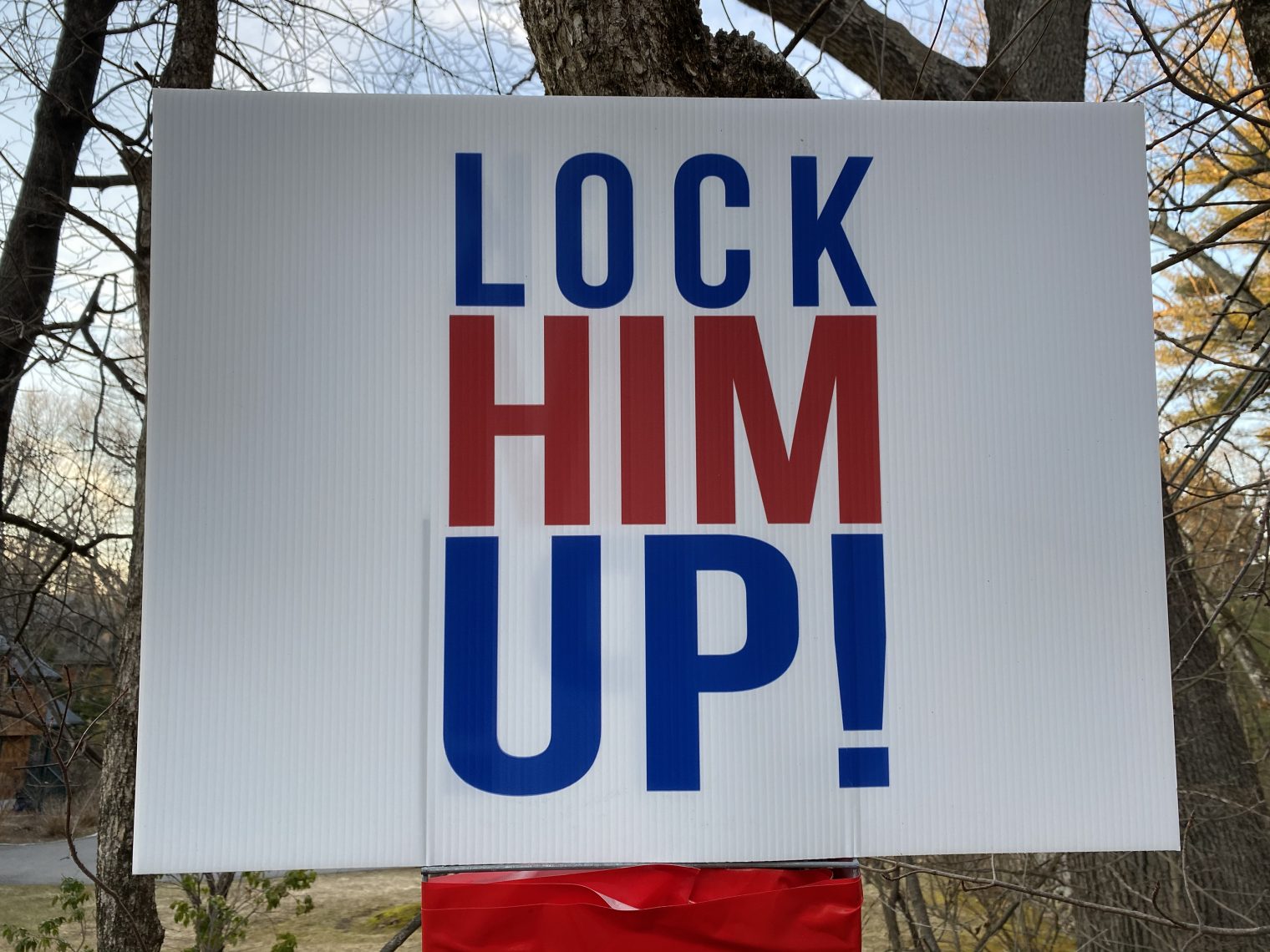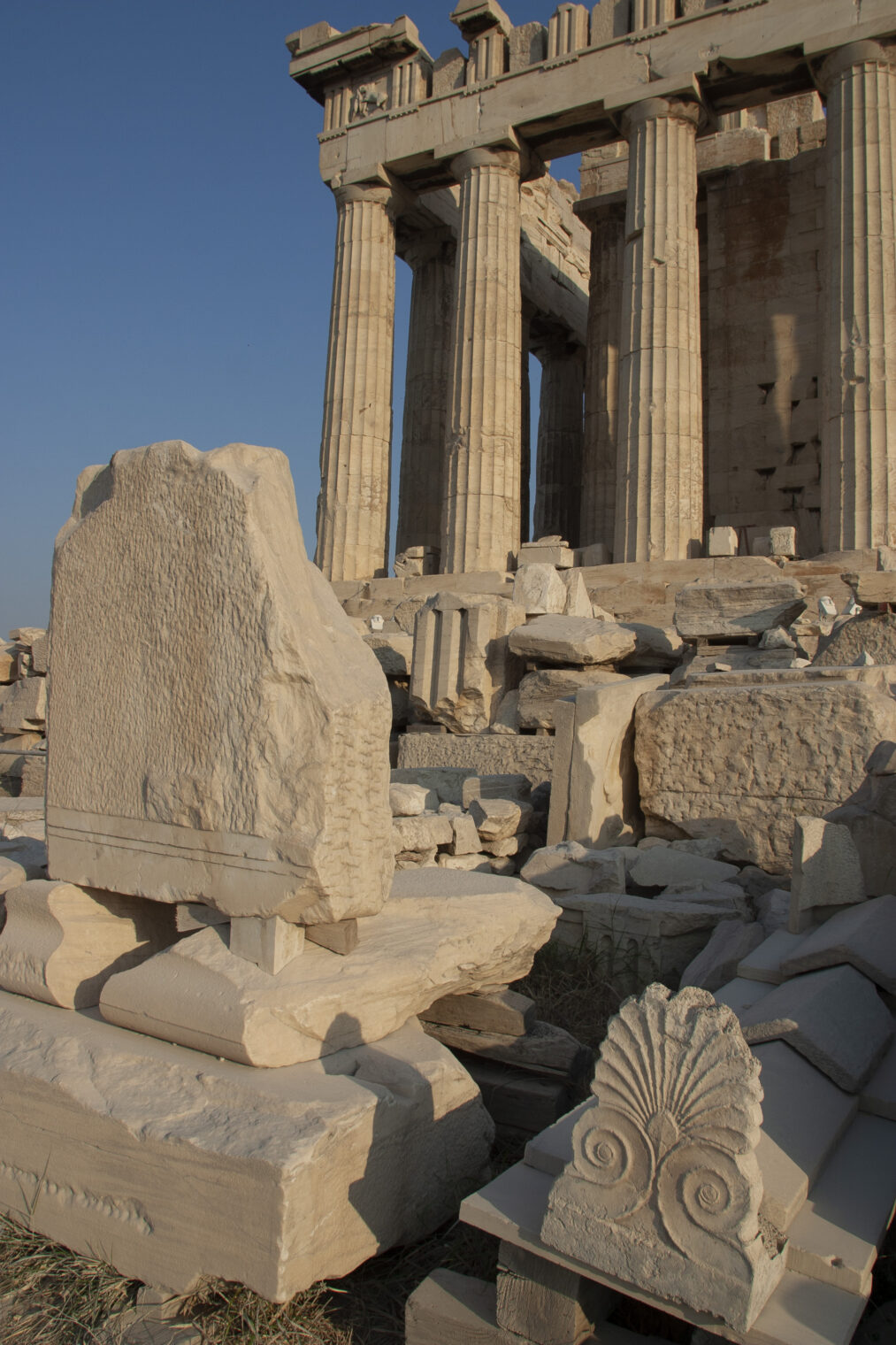Why can’t Michael Bloomberg run a fleet of abortion buses?
“The Case for Accepting Defeat on Roe” (NYT, Sunday, by a law professor):
Maybe it is time to face the fact that abortion access will be fought for in legislatures, not courts.
In “Unpregnant,” the HBO bildungsroman released this month, the plot revolves around a 17-year-old heroine who travels from Missouri to Albuquerque — a road trip of 1,000 miles — because that’s the nearest place she can get an abortion without parental consent. Watching it made me recall a conversation with a feminist friend, who shocked the hell out of me last year by saying that progressives were too focused on protecting Roe v. Wade.
Why? The argument is that we currently have the worst of both worlds. We’ve basically lost the abortion fight: If Roe is overturned, access to abortion will depend on where you live — but access to abortion already depends on where you live. At the same time, we have people voting for Donald Trump because he’ll appoint justices who will overturn Roe. Maybe it is time to face the fact that abortion access will be fought for in legislatures, not courts.
Saint RBG’s flirtation with heresy:
So what should we do now? Often forgotten is that R.B.G. herself had decided that Roe was a mistake. In 1992, she gave a lecture musing that the country might be better off if the Supreme Court had written a narrower decision and opened up a “dialogue” with state legislatures, which were trending “toward liberalization of abortion statutes” (to quote the Roe court). Roe “halted a political process that was moving in a reform direction and thereby, I believe, prolonged divisiveness and deferred stable settlement of the issue,” Justice Ginsburg argued. In the process, “a well-organized and vocal right-to-life movement rallied and succeeded, for a considerable time, in turning the legislative tide in the opposite direction.”
The billionaires trying to cleanse American politics from the filth of Republicanism could, for a tiny fraction of what they’re spending to defeat the hated Trumpenfuhrer, purchase and operate a fleet of buses painted with “Bloomberg’s Abortion Caravan” on the side. Have the buses continuously tour the U.S. and anyone who wants an abortion can hop on to be driven to, for example, Maskachusetts. We have abortion on demand up to 24 weeks; abortion of a “fetus” after 24 weeks available in the sole discretion of a single physician concluding that “a continuation of her pregnancy will impose on [the pregnant woman] a substantial risk of grave impairment of her physical or mental health.” (And, for maximum logical consistency, we also require insurance companies to ladle out $millions to preserve the life of a “baby” born at 21 or 22 weeks!)

Also from the law professor… If Allah wills it, future Americans who aren’t aborted will be paying taxes at higher rates (but we promise that the higher rates will apply only to those deemed “rich”)…
I’m still reluctant to embrace the “overrule and move on” strategy, but moving on may be our only choice. And if abortion stops playing such a role in presidential elections, then Democrats may fare better with the 19 percent of Trump voters who have bipartisan voting habits and warm feelings toward minorities; we know 83 percent of them think the economy is rigged in favor of the rich and 68 percent favor raising taxes on the rich.
Once their presidential vote is not driven by Supreme Court appointments, how many might decide to vote on economic issues? And what greater tribute could there be to R.B.G. than both a legislative restoration of abortion rights, and a new Democratic Party that can win — not just by a hair but by a landslide?
Readers: What do you think? Democrats say that the want to provide abortions to more people (not “more women” because men can get pregnant and nurse babies as well) and Democrats have $billions at their disposal. If practical access to abortion is their sincere goal, why aren’t they already using these $billions, combined with Chinese diesel and electric bus technology, to provide practical access to abortion everywhere in the U.S.?
Related:
- Nancy Pelosi writes me a letter (the big selling point of Democrats, according to Pelosi, is that they will provide more abortions)
- The absurd conspiracy that Wall Street elites are manipulating American politics (Bloomberg promises $60 million to defeat Republicans in the House, i.e., enough to purchase a massive fleet luxurious abortion buses from Yutong, the worldwide market leader?)
- “Bloomberg Adds $16 Million To A Fund That Helps Florida Felons Get Chance To Vote” (NPR)
- “We Traveled On Board the Irish ‘Abortion Bus’ That’s Giving Illegal Pills to Women” (Vice, 2015)






